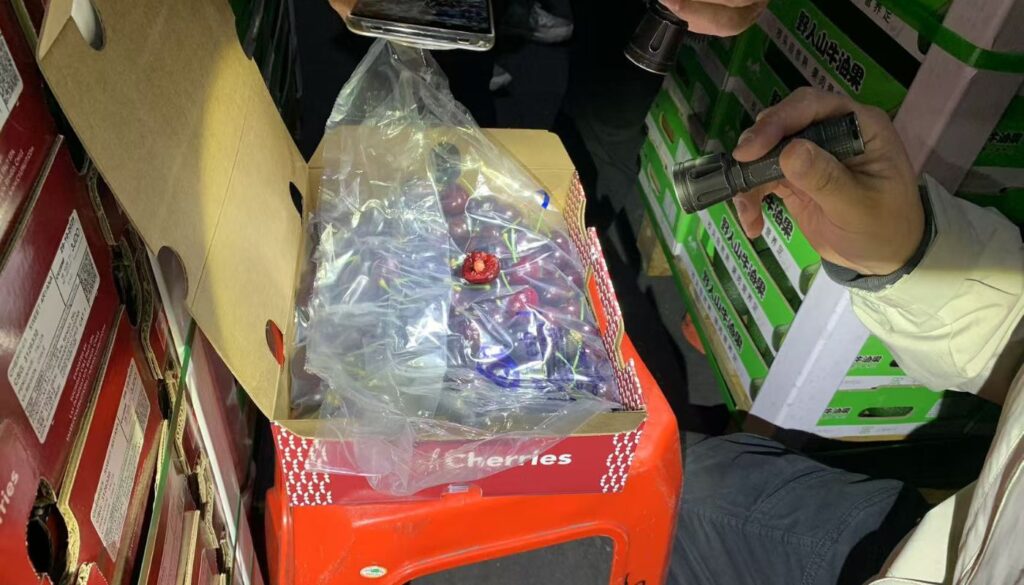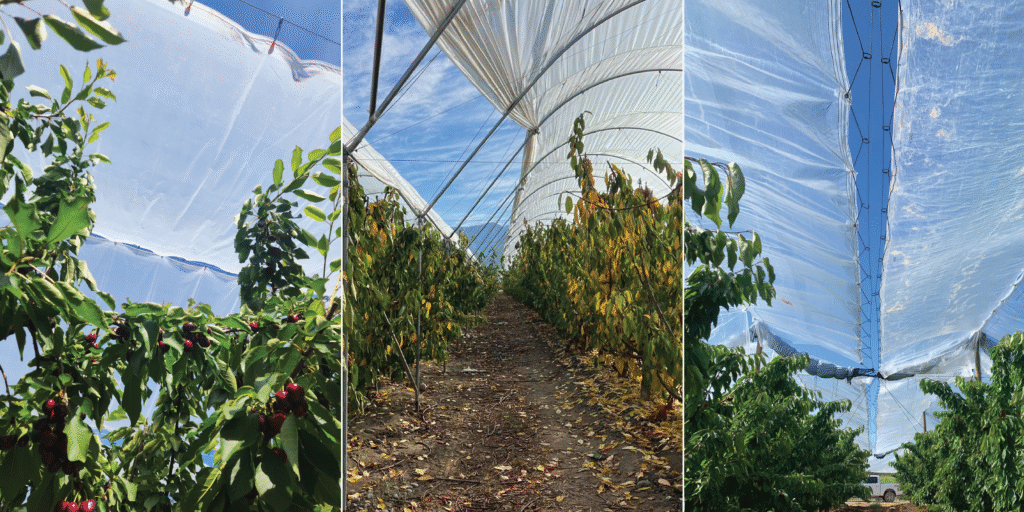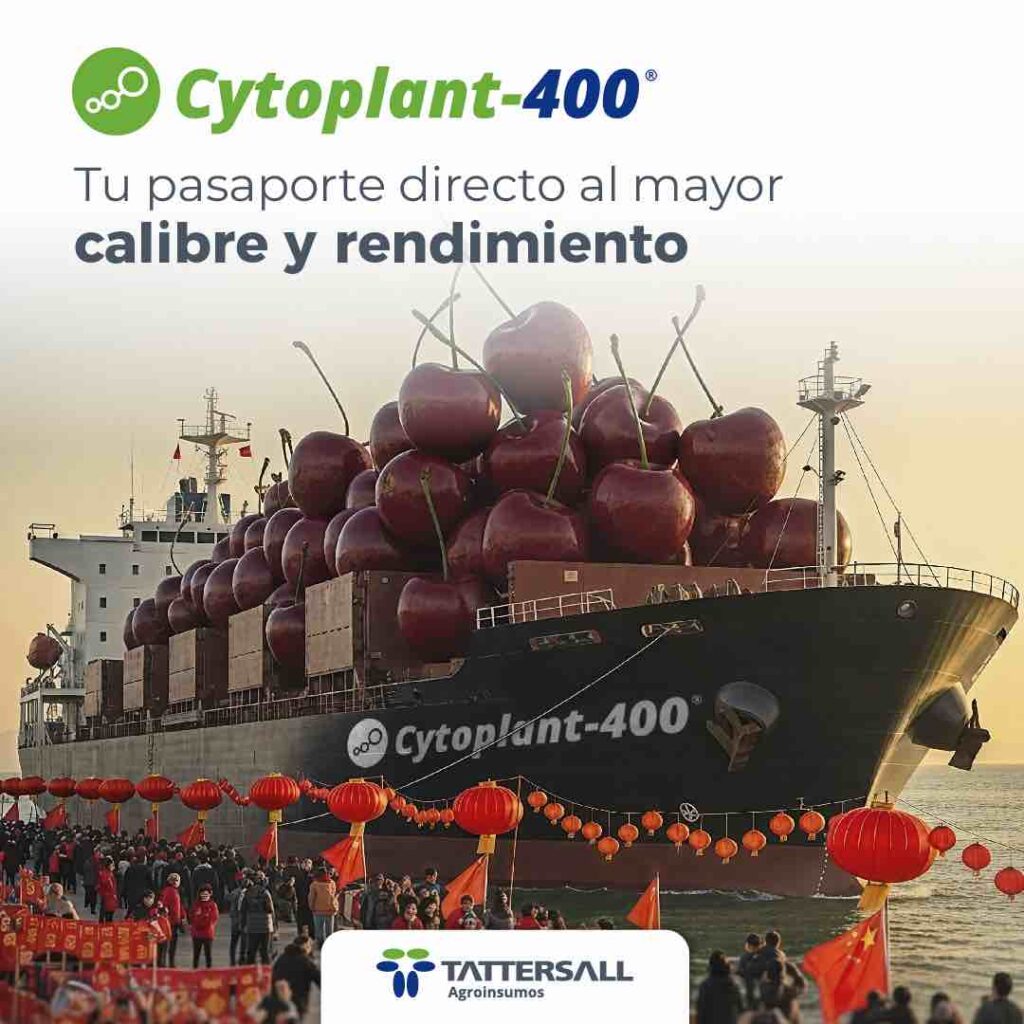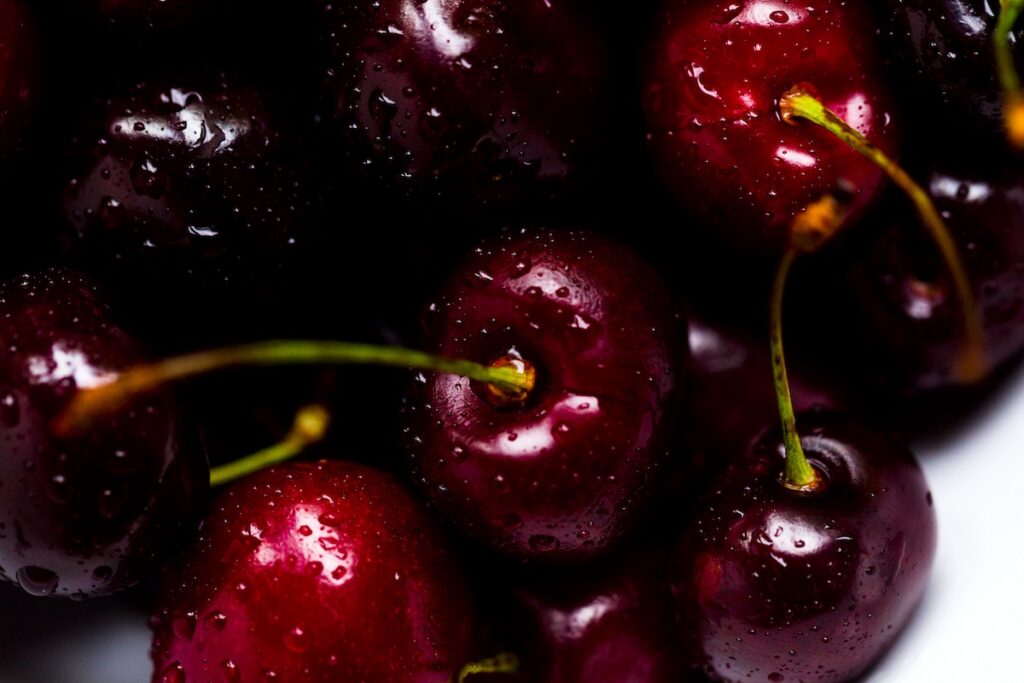The Minister of Agriculture, Esteban Valenzuela, was in charge of closing the event.

More than 450 industry players and authorities on sustainability, genetics and the latest trends in the sector met at the Sun Monticello Convention Center, within the framework of the eighth version of Agrotrade 2023, organized by the Association of Nurseries of Chile AGV.
The event addressed, among other topics, the need for greater communication of product attributes that enhance the country's image and the important role of genetics in tackling climate change. The event included talks, thematic panels and a section of stands with renowned companies in the agricultural sector.
“The panels were varied, with opinion leaders invited, which allowed us to have a complete overview of what is happening in fruit growing and the challenges for the industry, where the role of nurseries is fundamental as the basis of the production chain. Our main challenge is to contribute with the best genetics available in the world to adapt to the new needs of fruit growing and improve its competitiveness,” said Cristián Pichuante, president of the Association of Nurseries of Chile.
Agrotrade 2023 featured an opening talk in which the global context was analyzed: future prospects for Chilean agricultural exports, given by the president of Asoex, Iván Marambio.
“The numbers will come by themselves if we do things right. We have to look at climate change, water, pests, logistics, the country's image and the immense competition that Peru implies for some products,” Marambio pointed out.
The president of Asoex also highlighted the important work of the unions and the need for collaborative work between the public and private sectors.
Sustainability and resilient agriculture

During the panel discussion on sustainability for a more resilient agriculture, the geographer and senior associate consultant of the Water Center for Arid and Semi-Arid Zones for Latin America and the Caribbean (CAZALAC), Elir Rojas, reviewed how the mega drought and climate change in Chile have affected the territory and the role of groups in society that have exacerbated these situations. “Agriculture is a resilient activity per se, but it is necessary to have means of verification that account for what is being done in terms of good practices.”
The President of Fedefruta, Jorge Valenzuela, also participated in the panel, highlighting the event and referring to the critical view regarding the promotion of Chilean products abroad: «A critical look at it, I think we have become stuck in a marketing style from the mid-nineties, with attributes of Chile that are no longer a reality today; today we are not a phytosanitary island, we are facing conflicts of significant pressure from pests and I think that our competition, Peru, has been much more creative today, they have invested much more money in promotion and this is being seen in competitiveness, in the country's image, etc.»
In turn, Antonio Walker, president of the SNA, pointed out that “We discussed today that we have had competition along the way, that it has become more difficult for us to compete because an actor like Peru has appeared that has many comparative advantages in terms of production in species such as table grapes, blueberries, asparagus, avocados, citrus, and well, we have to get our act together. What we were talking about today is that our great tool to compete is sustainability, how to produce while respecting the environment, people, the community, and our product has to be of very good quality, condition, and innocuous, and that is our greatest comparative advantage.”
Fruit season analysis
The talk on this topic was given by the founder and director of iQonsulting, Isabel Quiroz, who made a detailed analysis of the last season of different fruit species. In this context, cherries were the only ones that showed a significant increase in their export volume, covering 97% of the world market. For Isabel Quiroz, executive director of iQonsulting, this industry “It is the most qualified to reach its main market, which is China, and the premium and super jumbo sizes were the ones that marked the best prices.”
The importance of genetics
Another of the topics addressed during the day was the evolution, impacts and challenges of the fruit genetic supply. Dr. Carlos Muñoz, agricultural engineer from the University of Chile and member of the Chilean Academy of Agricultural Sciences, stated that “Genetic improvement in Chile has only been in development for a few years, it started in the 80s, and not all fruit trees have jumped on the bandwagon, as it has gone hand in hand with the needs of the industry. We have to stop competing among ourselves, we should compete with other exporting countries.”
On the other hand, it was suggested that the new genetics should have a well-developed protocol, so that producers can choose with the information on the table. Verónica Herrera, manager of Nova Grapes and Nova Fruits, and member of the Board of Directors of the Fruit Technology Consortium, explained that “We have a large number of varieties, but not all of them are good and that is a problem. We must develop varieties, but with the right information.”
Rootstocks and climate change
During Agrotrade 2023, the importance of rootstocks for adaptation to climate change was also raised, through the analysis of specialists in European hazelnuts, vines and avocados.
Regarding hazelnut cultivation, Andrés Reyes, director of the Avexa Group and Vitrogroup, comments that “Its trend is on the rise and the world is looking for a more sustainable production, where one of the main challenges for hazelnut rootstocks is to limit the emission of weeds as much as possible to reduce management and cultivation costs, a fundamental aspect for the development of the species in our country.”
Regarding avocados, “The situation of water scarcity leads us to consider the importance of using clonal plants to make efficient use of water and increase their productivity”, said Francisco González, founding partner of the Bellotoagro consultancy.
Knowing which variety to grow according to the climate is essential to achieve good results and quality when it comes to wines. Nematodes and more saline waters become a problem for crops, so “Considering rootstocks resistant to this type of pests, salinity and lack of water is key to ensuring a good crop result,” explained Samuel Barros, an agronomist and winemaker with a master of science in viticulture and representative of Univiveros.
Women and agriculture

The role of women in the global food system was the theme that closed the day. The panel included Patricia Benavente, president of Amagro AG; Constanza Balbontín, delegate of the Maule Sur sector of Amagro; Benjamín Moreno, Deputy of District 17 and member of the rural bench, and the former Minister of Agriculture María Emilia Undurraga, who moderated the space.
The president of Amagro, the first women's trade association in the agricultural sector, highlighted the importance of associating and working together to generate support for rural women, beyond the purely productive issue.: “We need to bring agriculture to the city. It is easy to make laws from a desk, but we need to work together to reduce the gaps for women, such as connectivity, the digital world, and that is very outdated in rural areas.”.
For his part, the parliamentarian of district 17, Benjamín Moreno, said that: We have made progress and there are many more people willing to learn about the reality that women live in the countryside. In agriculture, this issue is transversal, so there is an opportunity to make progress.
The Minister of Agriculture, Esteban Valenzuela, was the one who gave the closing remarks of the event that brought together the industry; the head of the portfolio highlighted the creation of instances such as Agrotrade.
«Remarkable, because it is not just about looking at the product, at what we export and everything is fine, but at the chain, rurality, innovation, clusters, also the role of women, communities, water, resilience, climate change, so I think we have to take the time to not only celebrate when we are doing well, but also to structure contesting agendas or to put issues on the agenda (…) the structured reflection seems very notable to me in the Agrotrade program.", the authority concluded.








